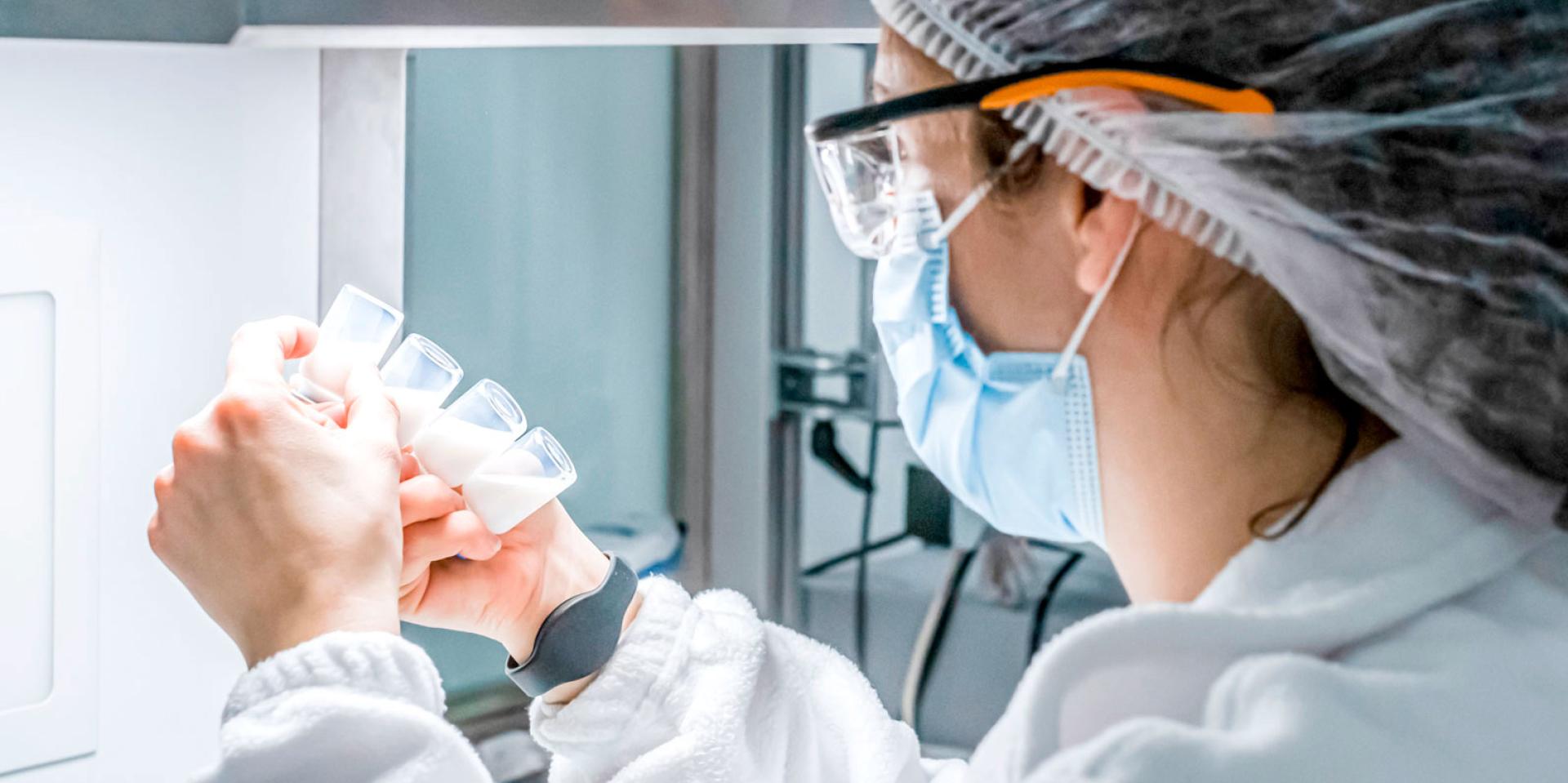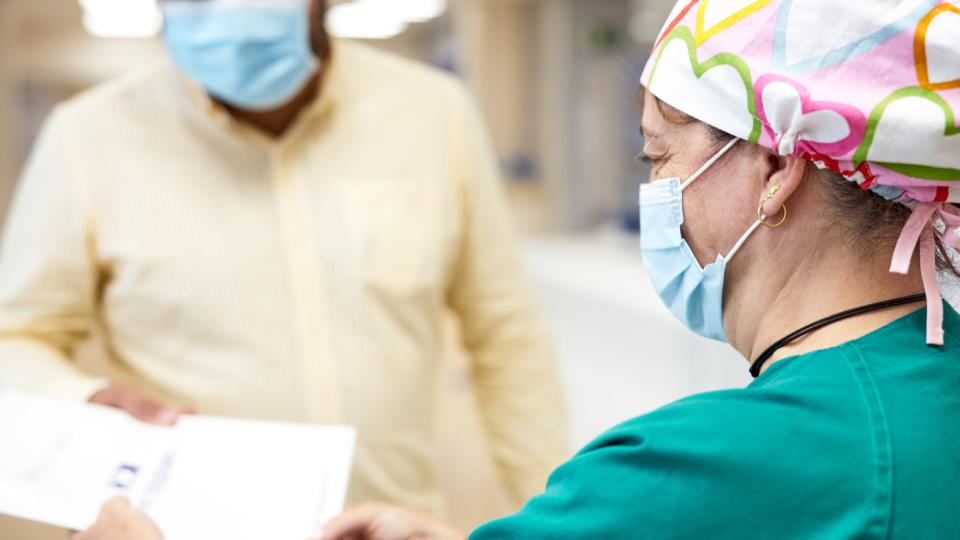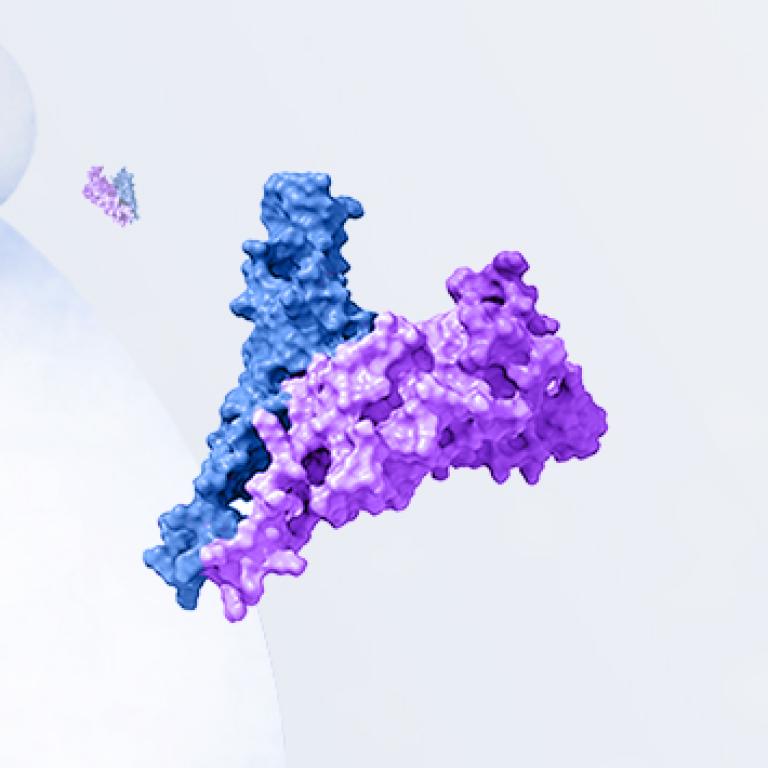COVID-19 is een besmettelijke ziekte die wordt veroorzaakt door het coronavirus, ook bekend onder de naam SARS-CoV-21. Coronavirussen zijn een brede familie van virussen die infecties kunnen veroorzaken bij mensen, vogels en zoogdieren. Ze kunnen soms worden overgedragen van dieren op mensen2.

De Wereldgezondheidsorganisatie (WHO) werd op 31 december 2019 op de hoogte gebracht van het bestaan van dit nieuwe virus, nadat in Wuhan (de Volksrepubliek China) een uitbraak van gevallen van "virale longontsteking" was vastgesteld1. Het aantal bevestigde gevallen steeg plotseling met duizenden nieuwe gevallen die dagelijks werden gediagnosticeerd in de maand januari, in de aanloop naar 30 januari 2020 toen de uitbraak van COVID-19 door de WHO werd uitgeroepen tot een noodsituatie voor de volksgezondheid van internationale betekenis. Op 11 maart 2020 verklaarde de WHO de status van COVID-19 officieel als een wereldwijde pandemie3.
De meerderheid van de geïnfecteerde mensen ervaart een milde of matige luchtwegaandoening en herstelt zonder speciale behandeling. Maar sommigen worden ernstig ziek en hebben medische behandeling nodig. Ouderen en mensen met onderliggende gezondheidsproblemen – zoals hart- en vaatziekten, diabetes, chronische luchtwegaandoeningen of kanker – hebben een grotere kans om de ernstige ziekte te ontwikkelen4.
COVID-19 verspreidt zich wanneer een geïnfecteerde persoon kleine ademhalingsdeeltjes en druppeltjes uitademt die het virus bevatten. Deze ademhalingsdeeltjes en druppels kunnen door andere mensen worden ingeademd of kunnen op hun ogen, neus of mond terechtkomen. In sommige omstandigheden kunnen ze de oppervlakken besmetten die anderen aanraken. Iedereen die besmet is met COVID-19 kan de ziekte verspreiden, ook als ze zelf geen symptomen vertonen5.
De belangrijkste basisvoorzorgsmaatregelen die zijn genomen om de verspreiding van het virus te stoppen, zijn de volgende6:
• Was regelmatig uw handen met water en zeep, of met handdesinfecterende gel.
• Gebruik een mondmasker als het niet mogelijk is een veilige afstand te houden.
• Vermijd drukke plekken, binnenruimtes die niet voldoende geventileerd zijn en langdurig contact met andere mensen.
• Voorkom het aanraken van oppervlakken, vooral in openbare ruimtes of in gezondheidscentra.
• Blijf thuis als u symptomen hebt.
• Volg de lokale vaccinatierichtlijnen en aanbevelingen.

Inzet van HIPRA met betrekking tot COVID-19
HIPRA, met meer dan 50 jaar ervaring in vaccinontwikkeling ten behoeve van het bestrijden van overdraagbare ziekten, is een bedrijf dat zich inzet voor gezondheid, mensen, maatschappij en vooruitgang. Om deze reden, gezien de uitzonderlijke situatie, koos HIPRA er vanaf het begin voor om zijn knowhow bij te dragen in de strijd tegen de pandemie met de ontwikkeling van een recombinant eiwitvaccin tegen SARS-COV-2 (EMA-handelsvergunning op 31 maart 2023).
Bibliografische referenties:
1. Wereldgezondheidsorganisatie. Basisinformatie over COVID-19. [Internet] Beschikbaar op: https://www.who.int/emergencies/diseases/novel-coronavirus-2019/question-and-answers-hub/q-a-detail/coronavirus-disease-covid-19 (Laatste bezoek: 8 maart 2023)
2. “Informatie voor het publiek. Vragen en antwoorden over het nieuwe COVID-19-coronavirus [Internet]”. Beschikbaar op: https://www.sanidad.gob.es/en/profesionales/saludPublica/ccayes/alertasActual/nCov/ciudadania.htm (Laatste bezoek: 8 maart 2023)
3. Hu B, Guo H, Zhou P, Shi ZL. Eigenschappen van SARS-CoV-2 en COVID-19. Nat Rev Microbiol. 2021;19(3):141-154.
4. Wereldgezondheidsorganisatie. Coronavirus. [Internet] Beschikbaar op: https://www.who.int/health-topics/coronavirus#tab=tab_1 (Laatste bezoek: 8 maart 2023)
5. Centres for Disease Control and Prevention (Centra voor ziektebestrijding en -preventie). [Internet]. Beschikbaar op: https://www.cdc.gov/coronavirus/2019-ncov/prevent-getting-sick/how-covid-spreads.html (Laatste bezoek: maart 2023)
6. Wereldgezondheidsorganisatie. Vragen en antwoorden over de verspreiding van COVID-19. [Internet] Beschikbaar op: https://www.who.int/news-room/questions-and-answers/item/coronavirus-disease-covid-19-how-is-it-transmitted (Laatste bezoek: maart 2023)

